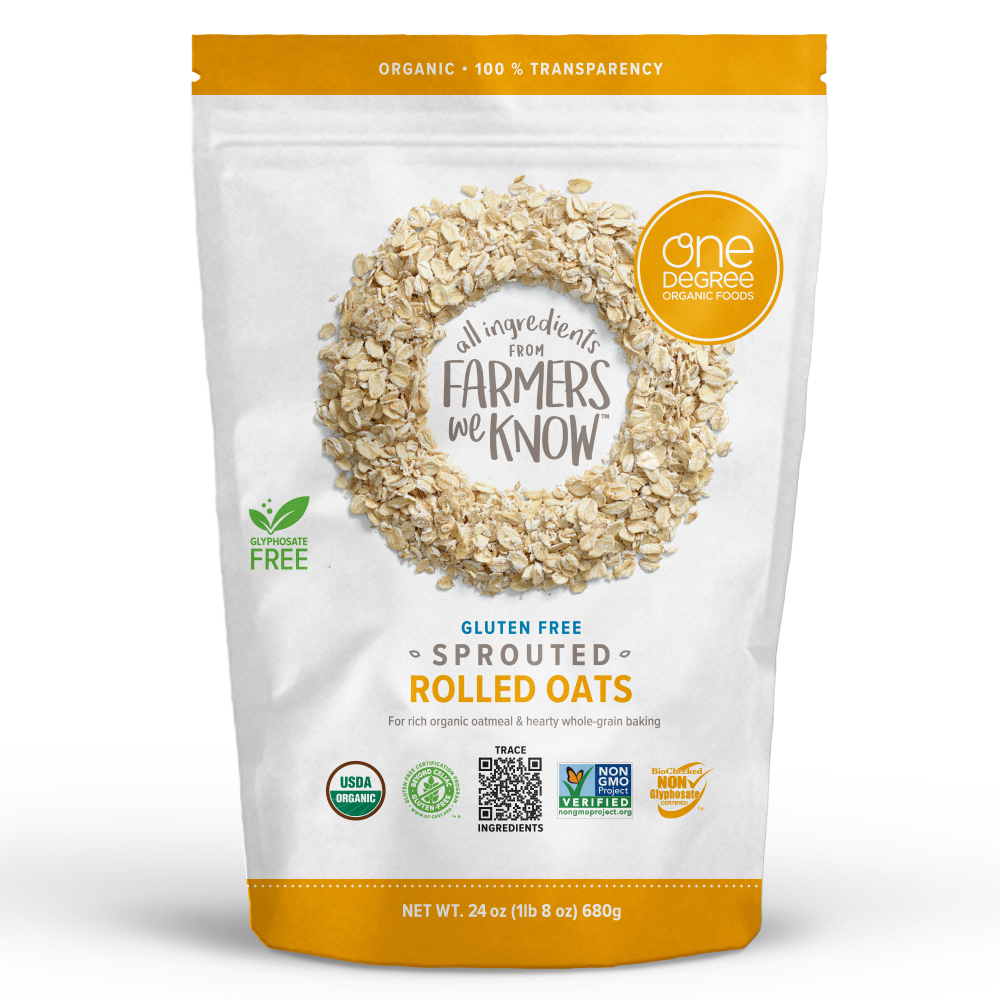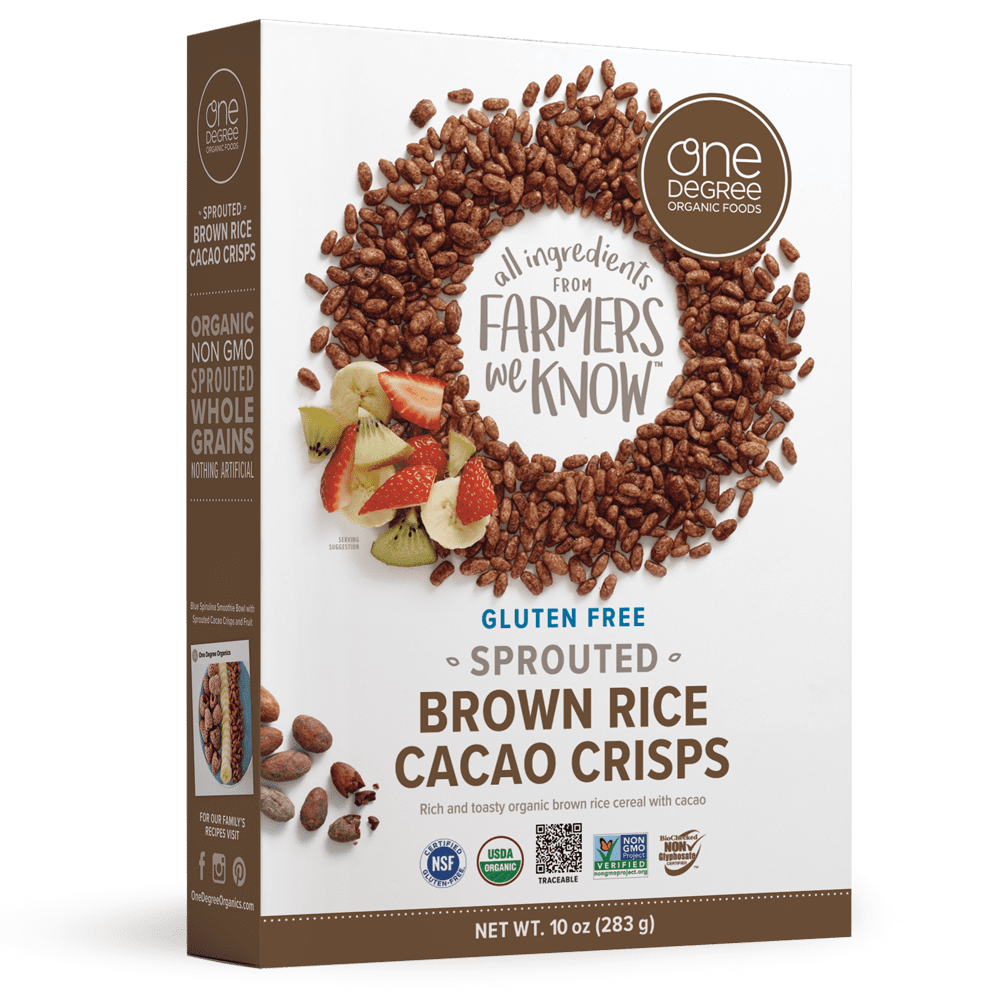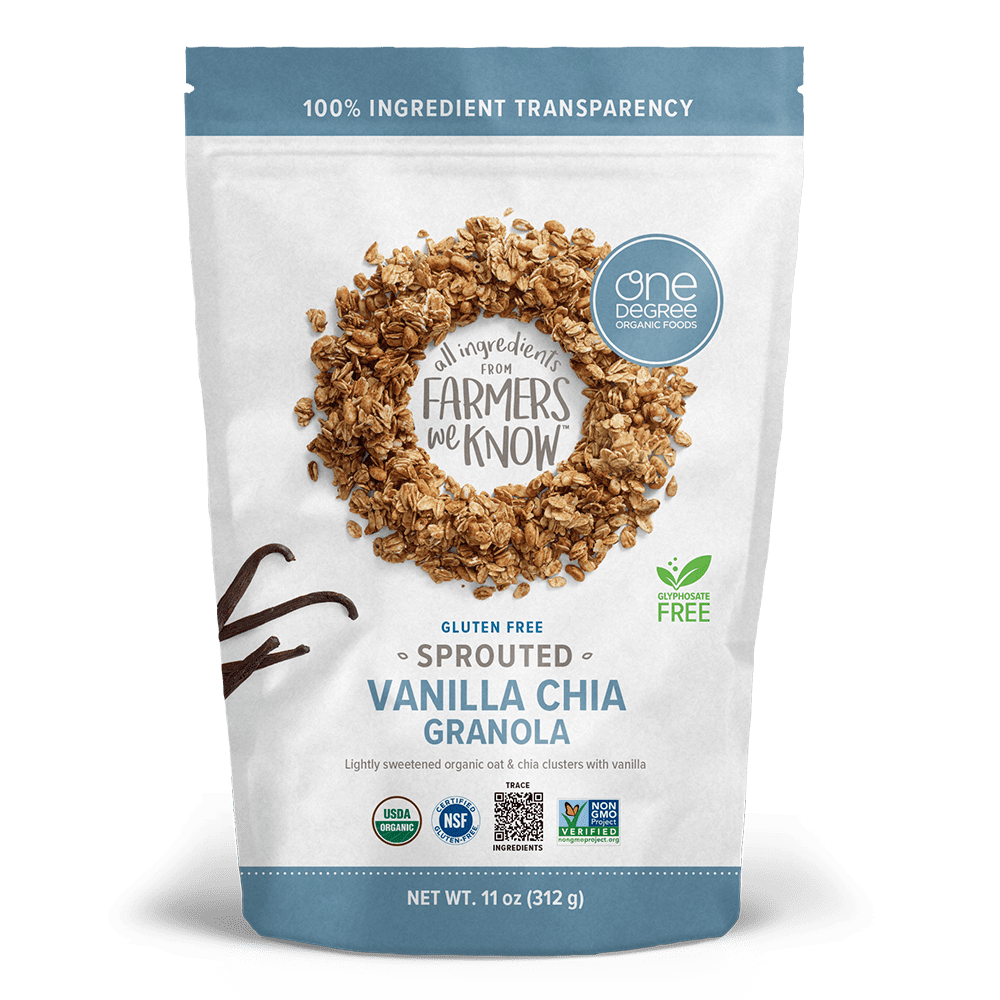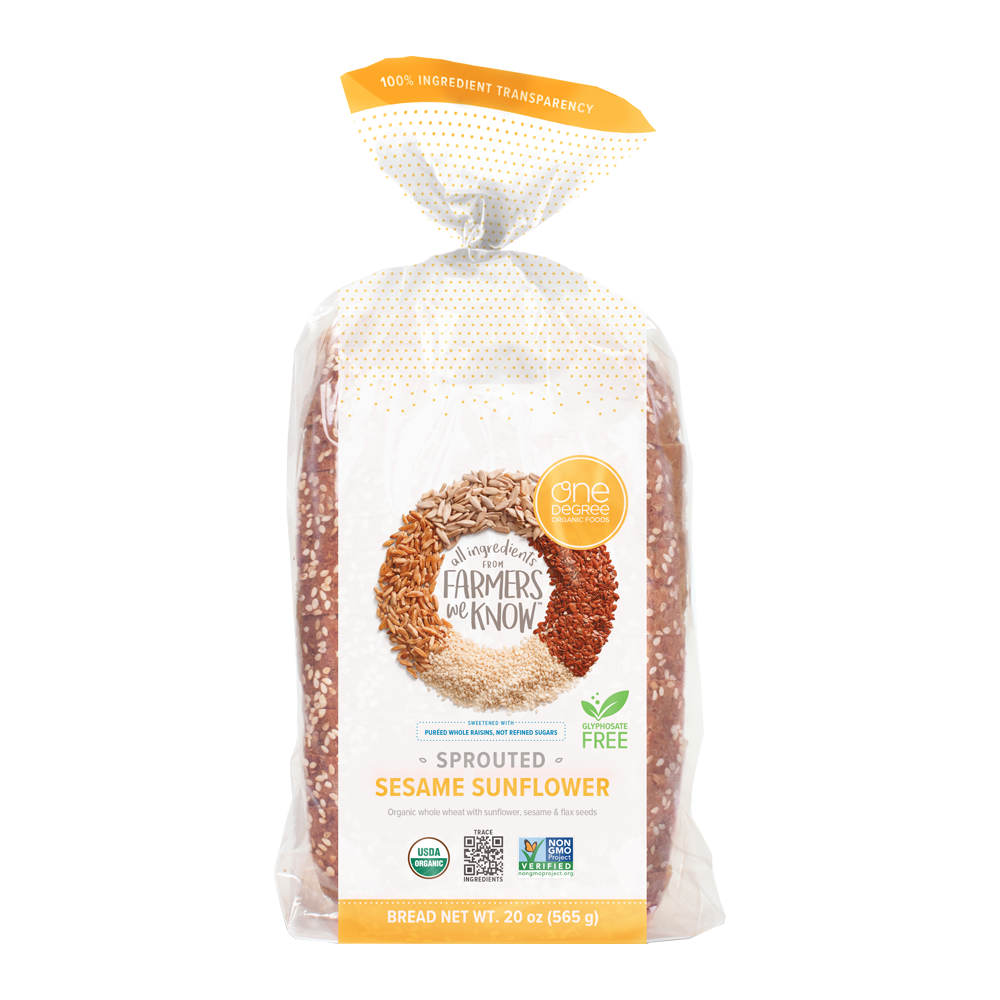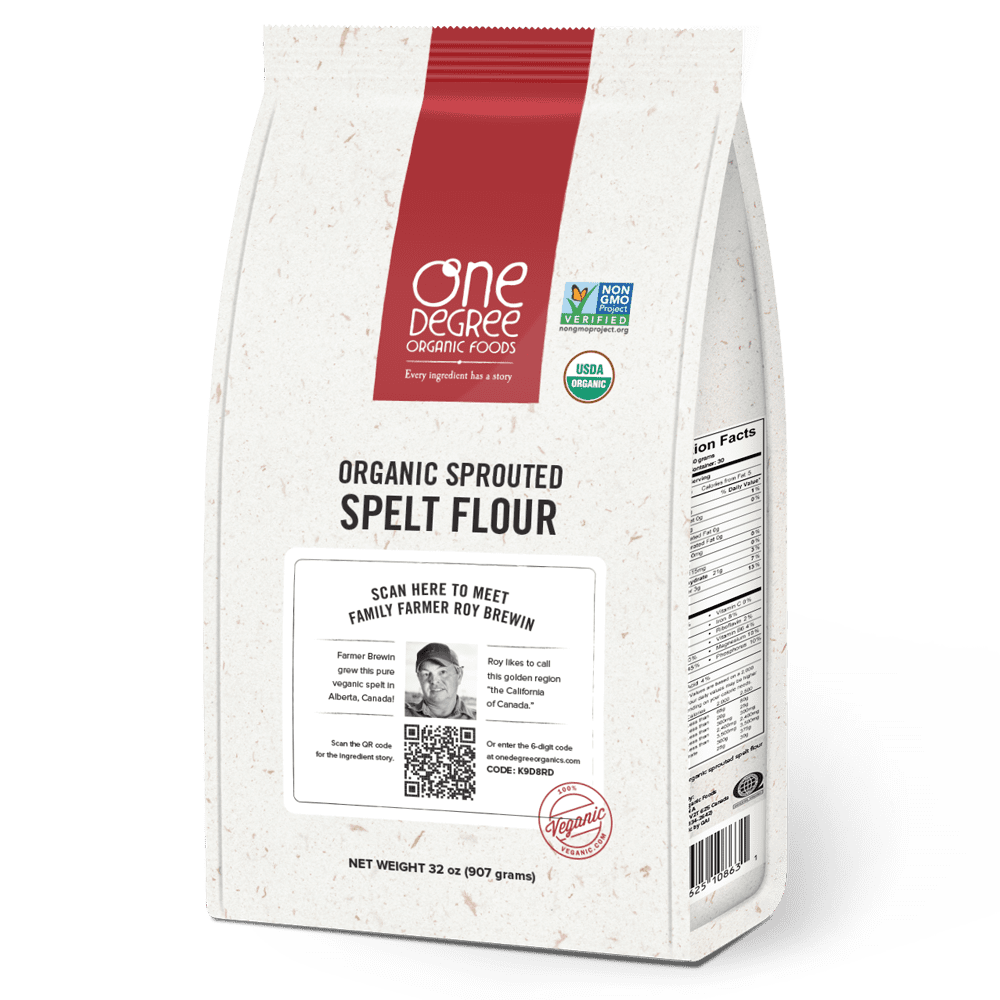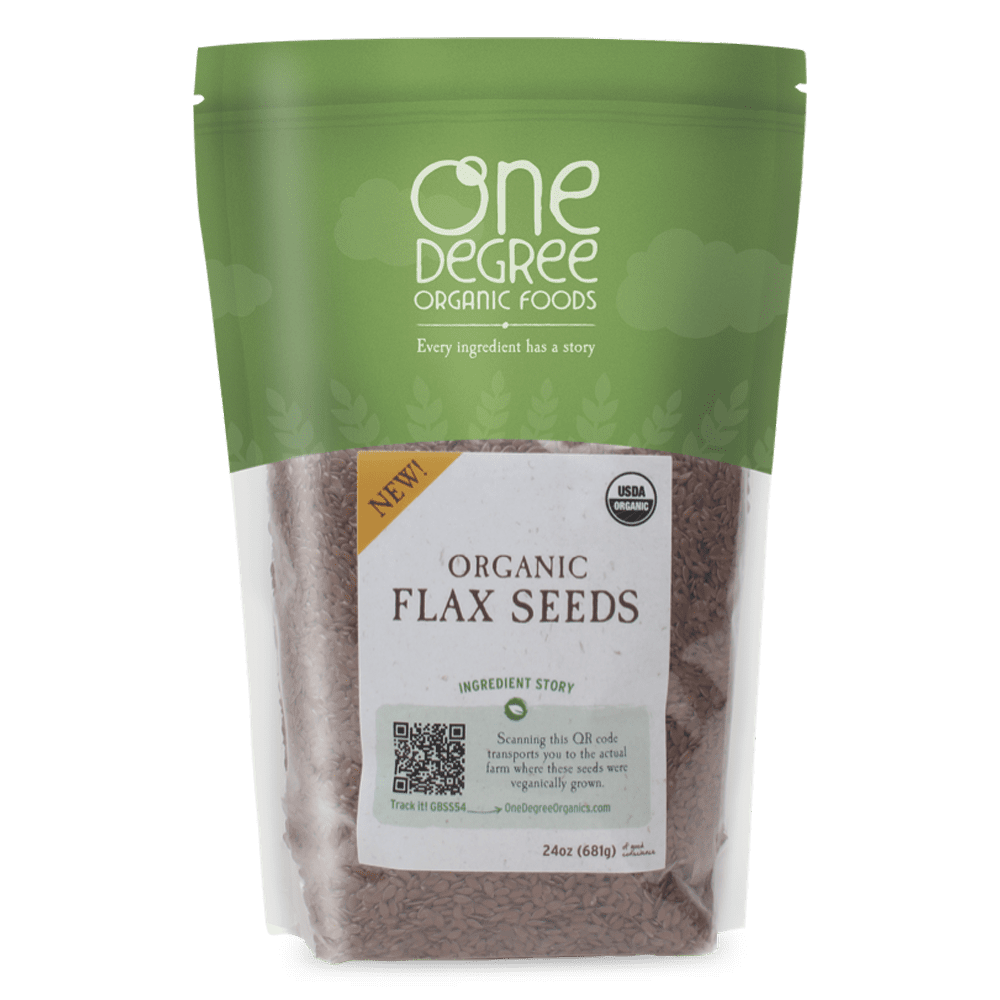Maize
Marku Anchekoren
On a brilliant day in southwestern Mexico, we met a small lady of incredibly tall stature who showed us better than anyone ever has why learning the story of your food is so important, and so priceless.
Without transparency, you would never know Imelda Ramirez Herrera, a mother, farmer, seamstress, entrepreneur and lifelong student from Michoacán, the place where the purest maize first grew, planted by the Aztecs long before the world knew the real treasure of this land.
Imelda’s fields are small, but her generosity is immense, her spirit indomitable. Life in the region is hard, and it would be tempting for anyone to blame fate, institutions, or even the land itself for the daily challenges that test the resiliency of the people. But out in her fields, Imelda feels triumphant. As she works, she thinks, “I’m going to have something to eat, at least a tortilla, and I’m going to fight poverty. When I’m on the fields I sing and I dance, and I say Saint Isidro (the Catholic patron saint of farmers) will give us lots of blessings.”
Amid the spare surroundings of her simple home and community, Imelda creates her own joy as she labors to make a better life for her children, who, together with her husband, surround and support her in everything she does. Even the youngest girls in the family share their mother’s incredible work ethic, helping remove kernels from harvested cobs one moment, then scurrying to retrieve beautiful tablecloths, hand-sewn by Imelda, that the children drape before visitors like colorful banners of conquest.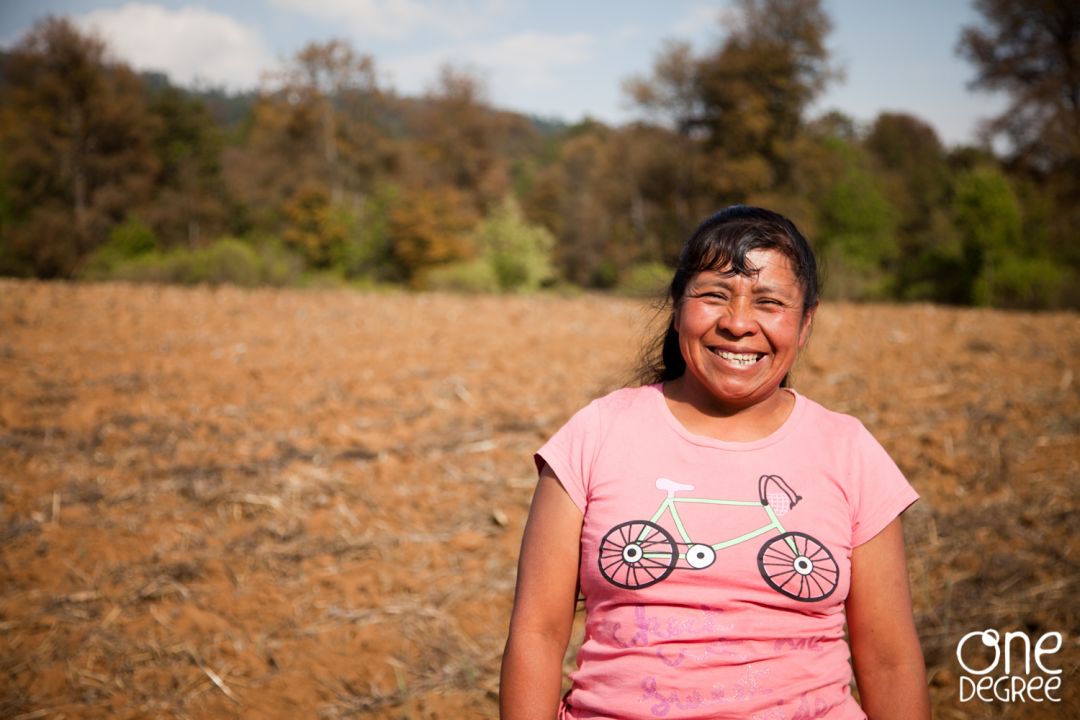
Imelda sells the cloths in the town market on weekends, along with blouses and linens. She also sells pottery that she makes in her home, and volunteers with a group that teaches entrepreneurship to local women. In between all of that, she carves wood, and in fact invented a special wooden tool that quickly strips maize kernels from nature’s silk packaging.
“Mexican women, we are very hardworking,” she says with justifiable pride. “And we’re not afraid of hard work.”
There is no doubt Imelda is the perfect role model for her family. Her example is also inspiring for the other farmers who participate in the government-sponsored co-op that works to bring knowledge of agricultural efficiencies and organic methods to the small family growers. The local co-op representative marvels at Imelda’s desire to constantly learn more. “Whenever we do a presentation for the co-op on how to increase yield on the land, Imelda is already in the implementation phase the next day,” she told us.
“Ten years ago we realized that if farmers did not apply chemical fertilizers it didn’t make any difference; that’s why we decided we needed to start organic fertilizers. Some farmers accepted right away, so they went back to their ancestors’ way of farming organically. All the farmers working with us right now are growing organically.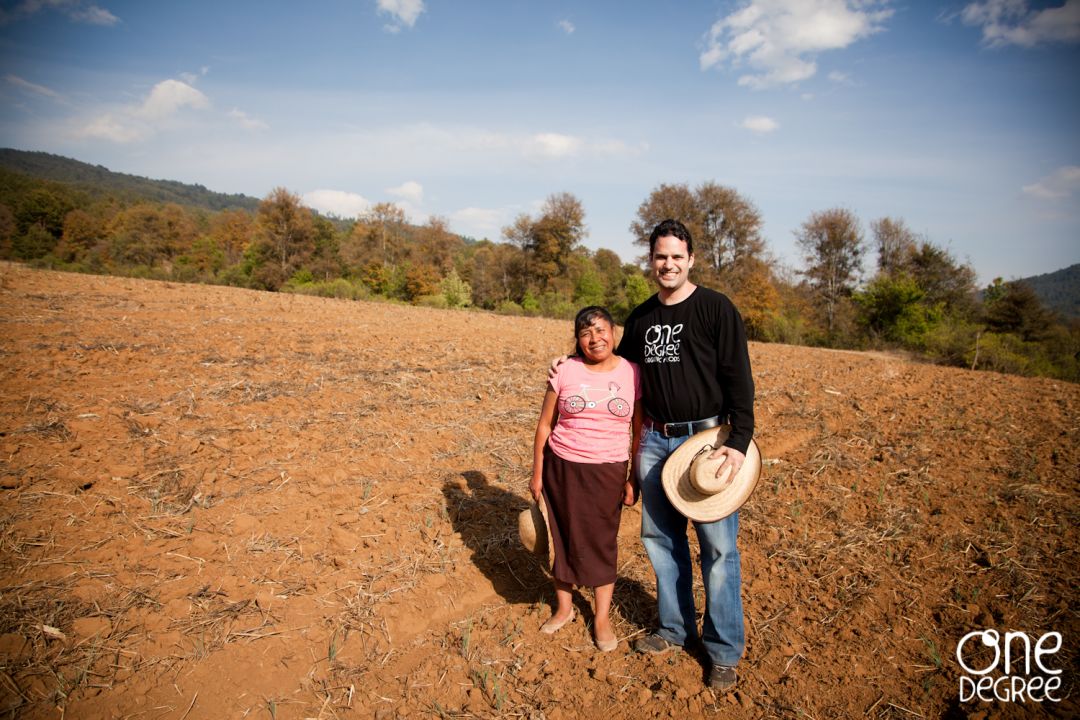
“We also invite specialists to help the farmers to choose their seeds and bring their plants to be a better crop. When we see our farmers succeed, we really celebrate it. Our farmers have had lots of financial and technical problems growing organically, so when we see success in spite of it, that’s the best thing we can see.”
Knowledge and a willingness to learn from the land are the keys to successful veganic farming. Imelda uses cover crops, including grasses, to enrich her fields. “Crop rotation is also a very important way we add nutrients to the soil,” she says. “One year we will grow oats, another year a variety of beans. Sometimes we will even plant pumpkin seeds. All of these plants prepare the field for maize, giving it rich soil in which to grow.”
A third-generation farmer, Imelda has been planting and harvesting maize since she was a little girl. “Yes, we have it in our blood, we almost were born on the fields,” she laughs. “I have been working on this field for 23 years now, but the story is much deeper than that. We farm with the wisdom of our ancestors, and with what my parents and grandparents taught me on these fields. And now we pass along that wisdom to our children.
“My grandfather had his own way to know when a crop was ready for harvest. First, he would harvest the crop only under a full moon. And he would look at the trees over there. Whenever they appeared yellow, as they do now, that meant for him that the time was perfect for a very good harvest.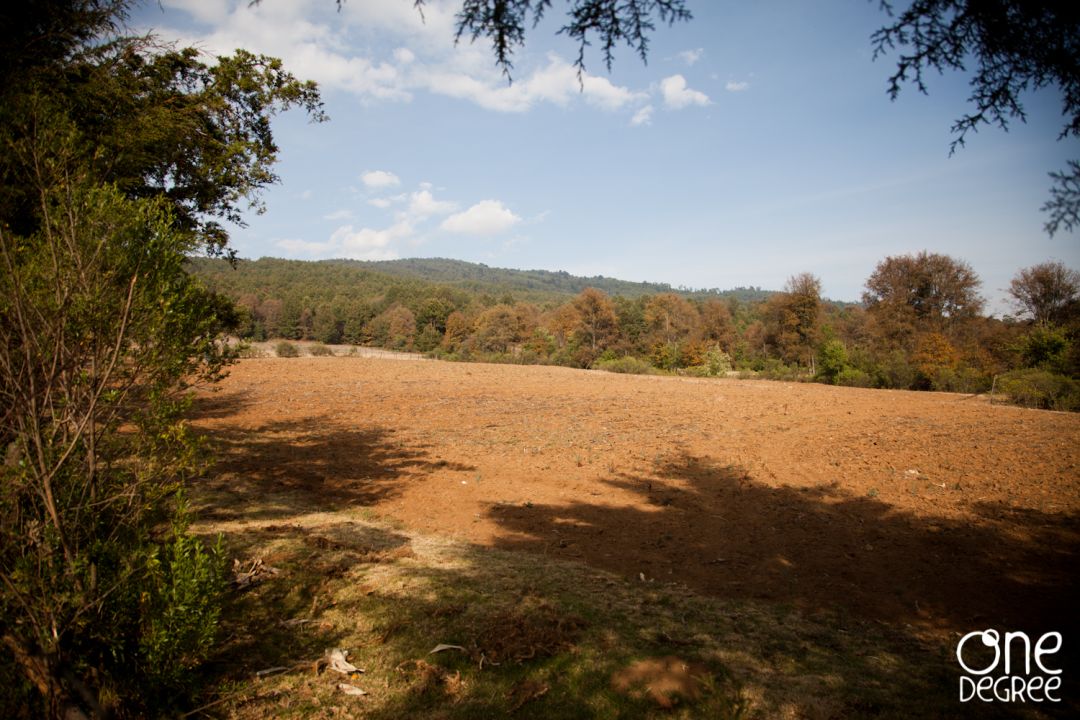
“I am the owner of my seeds, and I use only my seeds on this land. . . . When we harvest, we bring the seeds that we are going to use for sowing the next time. We bring the seeds to be blessed by God, so the next harvest is good and healthy.”
Imelda’s faith is her compass in life, the source of the passion, principles and joy she reflects to the world. For a consumer, it’s also the best possible guarantee that the maize you purchase is pure and healthy, grown with love and honest hard work. For us, it makes it all the more meaningful when Imelda talks about her enthusiasm for becoming part of the One Degree family, and leaves us with her own special blessing:
“I really want to work with people who want to do things right like you. I think God is guiding your way, and I think you’ll do great things.”
— Charlie Dodge
